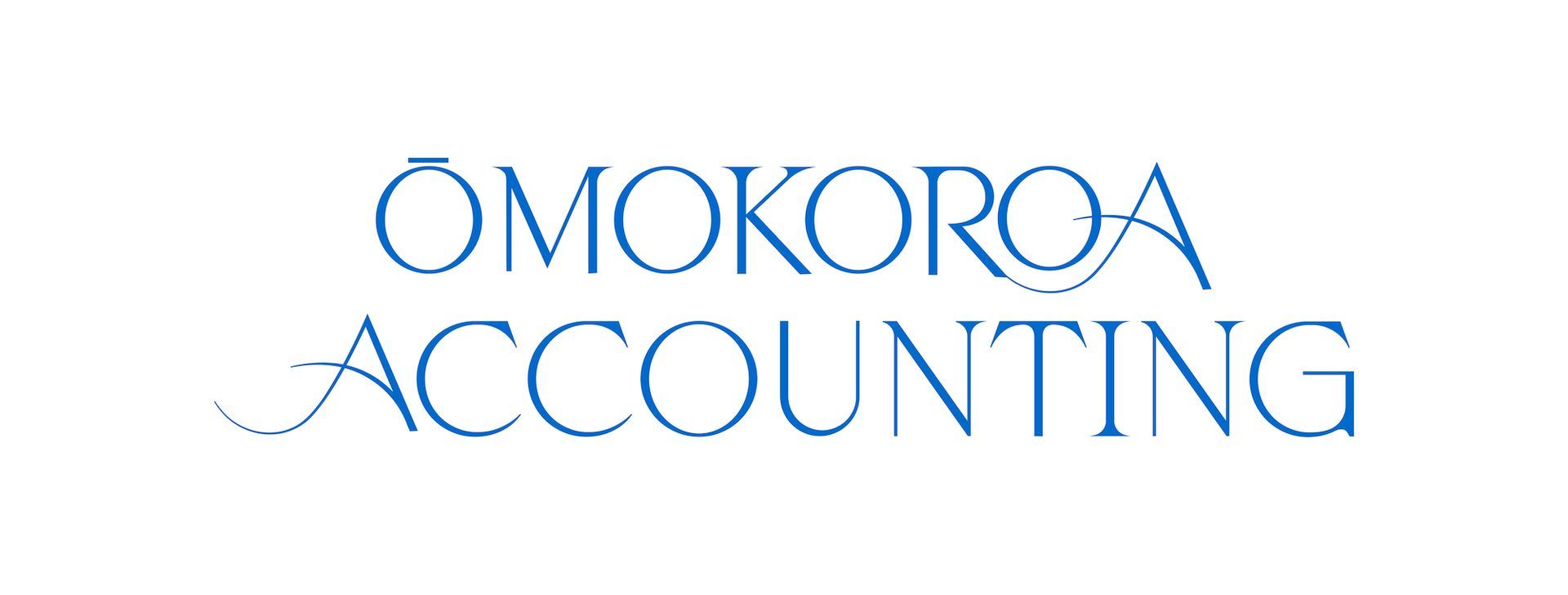Tax exemptions you may have missed
Last April, new Fringe Benefits Tax (FBT) rules came into effect that could be relevant to your business and employees.
Here’s a summary of the three new exemptions that may have gone under your radar:
1. Employer-subsidised public transport (mainly for the purpose of travelling between home and work).
2. The provision of self-powered (bicycles) or low-powered vehicles (such as scooters) for work-home travel.
3. Employer contributions toward ‘vehicle-share services’ used for travelling between home and work.
What does this mean for you?
For all three exemptions, employees will need to use their benefit mainly for the purpose of travelling between home and work.
A reasonable amount of private use will be allowed (for example, taking a bike to the supermarket).
Exemptions won’t be granted for self-powered or low-powered vehicles not suited to commuting (for example, high-end racing bikes).
The FBT exemption applies at the time the benefit is provided, so if an employee changes that travel habits at a later date, employers and employees won’t be penalised.
What it means for your FBT returns
The FBT exemptions will give your business more options as you consider the remuneration and benefit packages. For example, you could offer employees a generous bike-to-work scheme, taking advantage of the new rules.
They’re worth exploring as they could help your business achieve sustainability and environmental goals and entice your staff back to the office.
If you make benefits available to employees, you should be mindful of these exemptions when processing FBT returns.
If you’re in doubt about FBT exemptions, please talk to us.








